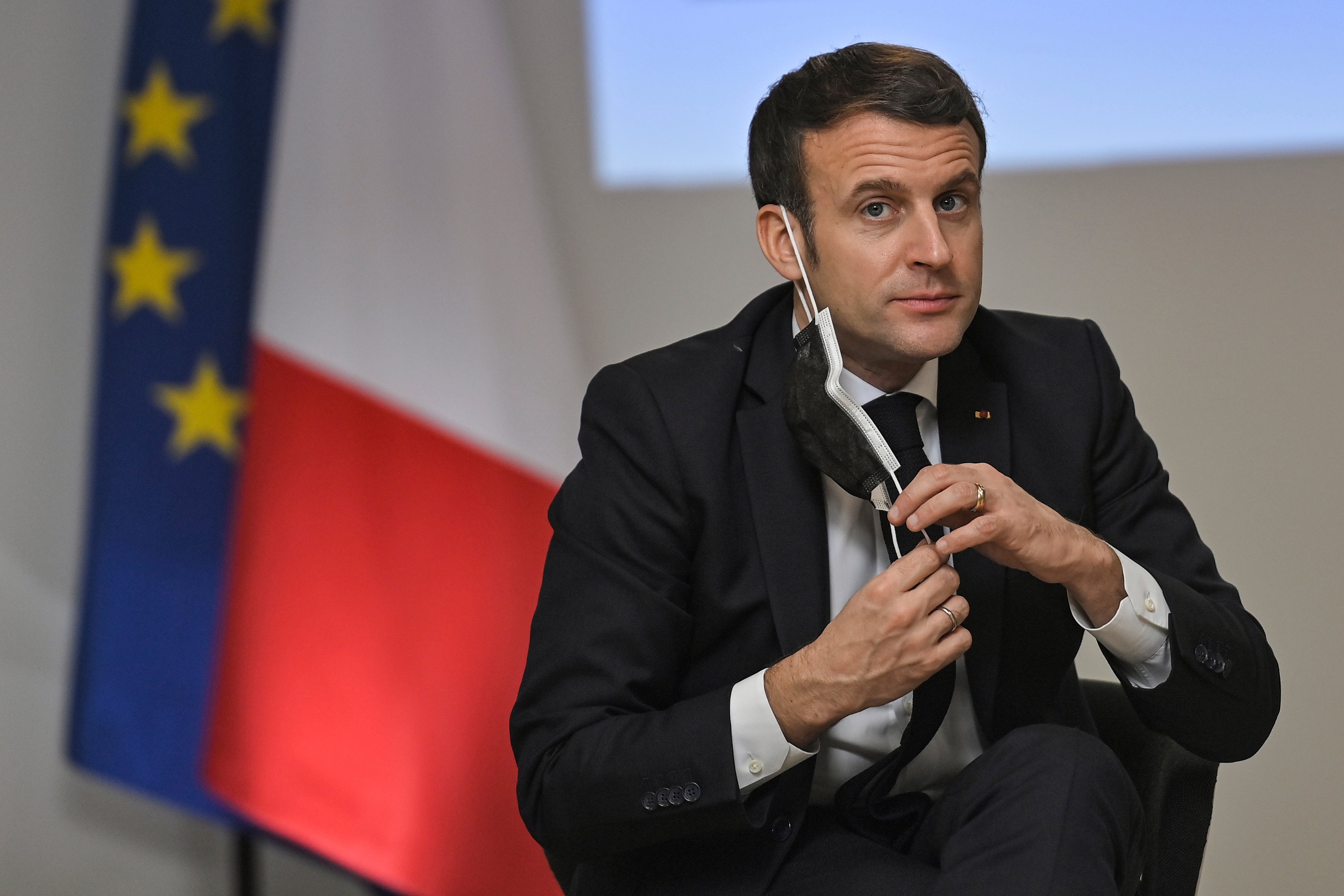France launches service to make deadbeat parents pay
France is launching a new government service empowered to take money directly from the bank accounts of parents who fail to pay child support

Your support helps us to tell the story
From reproductive rights to climate change to Big Tech, The Independent is on the ground when the story is developing. Whether it's investigating the financials of Elon Musk's pro-Trump PAC or producing our latest documentary, 'The A Word', which shines a light on the American women fighting for reproductive rights, we know how important it is to parse out the facts from the messaging.
At such a critical moment in US history, we need reporters on the ground. Your donation allows us to keep sending journalists to speak to both sides of the story.
The Independent is trusted by Americans across the entire political spectrum. And unlike many other quality news outlets, we choose not to lock Americans out of our reporting and analysis with paywalls. We believe quality journalism should be available to everyone, paid for by those who can afford it.
Your support makes all the difference.France is launching a new government service empowered to take money directly from the bank accounts of parents who fail to pay child support, aiming to help many families — the vast majority of whom are headed by single mothers — emerge from precarious financial situations.
President Emmanuel Macron denounced in a tweet unpaid child support as “an unbearable situation for hundreds of thousands of single parents ” before visiting a benefits agency Tuesday in Tours, in central France, which is providing the new service.
“Thank you” for the measure, a single mother of three told Macron, detailing at length her personal situation, involving domestic violence and harassment from her ex-husband and deep financial difficulties. “That's a great relief," she said.
The mothers who spoke with Macron didn't provide their names because of privacy reasons.
French authorities estimate that between 30% and 40% of child support amounts are either not paid, only partially paid or paid too late — placing at least 300,000 families in financial insecurity.
Single parents represent one out of four families in France, 85% of whom are mothers. A third are living under the poverty rate.
For these families, getting child support — on average 170 euros ($209) per month for each child — is key.
The measure also aims at preventing financial pressure and threats sometimes exerted by deadbeat parents.
Under the new system, any mother or father can request the new government service, regardless of whether the other parent disagrees. Once in place, the service handles the payment of the money until the child is 18.
The issue was raised in 2019 during the “grand debate” launched by Macron to allow the French to express their grievances following weeks of anti-government, yellow vest protests denouncing social injustice.
“I was struck by the number of women who told me they could not live decently because their alimony wasn’t paid,” Macron said at the time.
Many countries across Europe are facing similar problems.
In neighboring Belgium, deadbeat parents have been an issue to the point that the government has taken action by creating a special service which helps people in their legal quest to get the money owed and gives out advances if needed.
Last year, the Czech government proposed a program to guarantee payment of child support to single parents, which will become effective on July 1. The Ministry of Labor and Social Affairs estimated that the state will initially cover child support payments of up to 3,000 Czech koruna ($140) a month for about 24,000 children. The government will then claim the money from those who have failed to pay.
In Germany, around half of all child support payments by divorced parents are either not or not fully paid, according to estimates. In cases where the parents are too poor, the state pays child support until the children are 18 years old.
In Poland, a law of 2007 established a fund that pays up to 500 zlotys ($134) for children who aren't receiving due alimony. Before that, parents can seek a court order to try to get the money, but only around 13% of overdue or unpaid alimony is redeemed.
In many other countries, like Greece, Spain and Portugal, the main recourse is sought in the court, which often leads to lengthy delays and costly procedures before any decision is made.
_____
Raf Casert in Brussels, Karel Janicek in Prague, Kirsten Grieshaber in Berlin, Monika Scislowska in Warsaw, Derek Gatopoulos in Athens, Aritz Parra in Madrid, Barry Hatton in Lisbon contributed to the story.